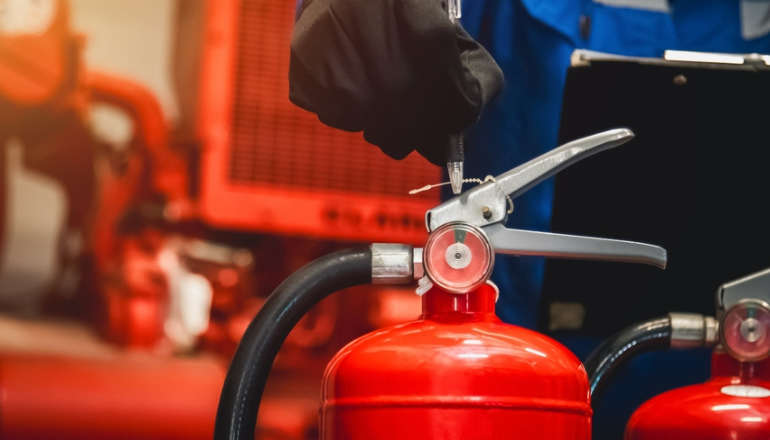
While fire and rescue services across the UK attended fewer incidents last year, deliberate fires continue to waste valuable resources and put lives in danger.
Hampshire & Isle of Wight Fire and Rescue Service has attended over 20,000 incidents since 2019, with a number of these being deliberate fires, a new investigation has revealed.
Figures obtained by Public Interest Lawyers found that the service has attended 20,552 primary and secondary fires over the past five years, with 35% of these being deliberate fires.
Primary fires are potentially more serious fires that cause harm to people or damage to property.
Secondary fires are generally small outdoor fires, not involving people or property and these include refuse fires, grassland fires and fires in derelict buildings or vehicles.
From 2019 to 2020, Hampshire & Isle of Wight Fire and Rescue Service attended 4,132 primary and secondary fires, which was the third-highest number of fires over the past five years.
Two years later, this number decreased to 3,918, caused by a year of restrictions and lockdowns during the height of the COVID-19 pandemic.
Over the past year, the service has experienced a drop in primary and secondary fires, with the total standing at 3,517 in 2023/24.
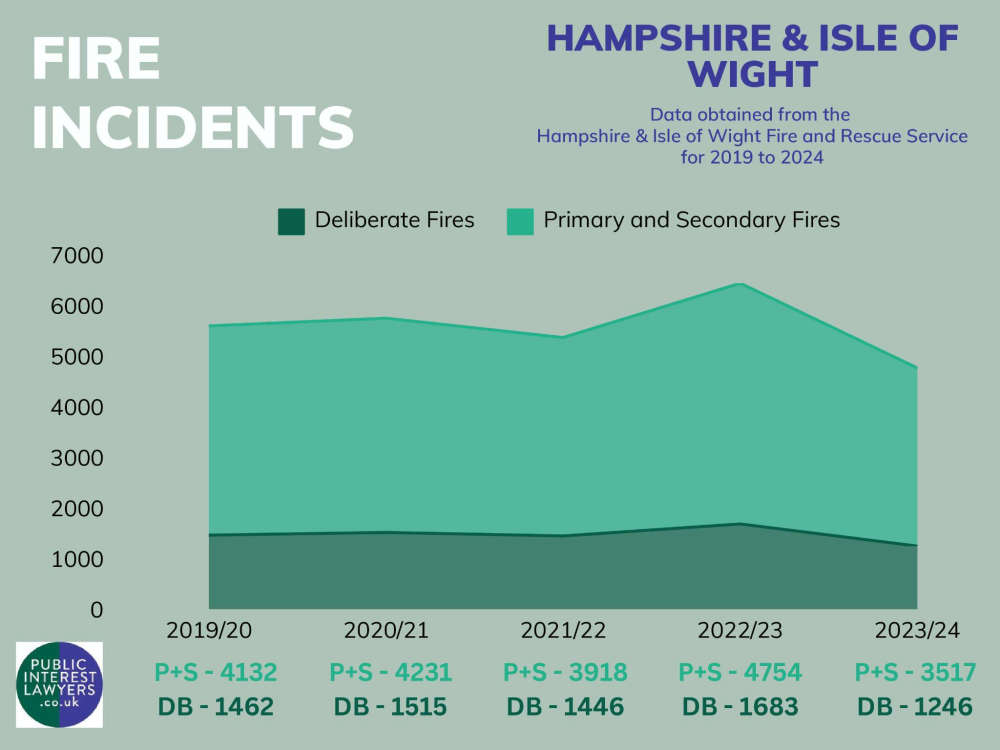
Fire Rescue Services (FRSs) attended 600,324 incidents in the year ending March 2024, a decrease of 3.6% compared with the previous year (622,659).
Of these incidents, there were 138,977 fires, which was a decrease of 22% compared with the previous year (178,867).
Despite this positive drop in fires across the UK, a worrying percentage of these incidents are deliberate fires, which can lead to injuries and fatalities.
Deliberately set fires are dangerous and are a criminal offence. They waste time, money and keep fire crews away from real emergencies.
These deliberately set fires commonly include bins, skips, fly-tipped waste, derelict buildings, dry grass and heathland.
Victims of deliberate fires may lose all their property, be made homeless or be seriously injured.
Public Interest Lawyers also obtained figures on the number of injuries caused by deliberate fires across the UK.
There have been 84 deliberate fire injuries recorded by Hampshire & Isle of Wight Fire and Rescue Service since 2019, with the highest annual total coming in 2021/22, standing at 41.
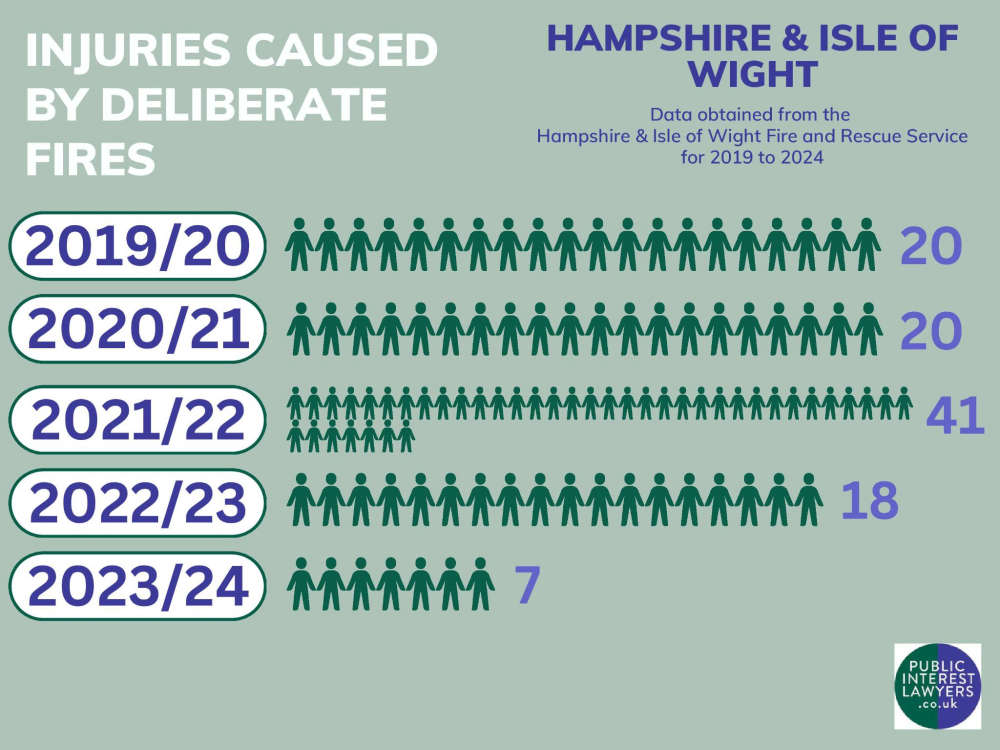
Whilst the impact of lockdowns in 2021 will have depressed the number of deliberate cases, the figures show that not only is arson the leading single cause of the fire but highlight the extent to which the increasing threat of arson must be taken seriously.
Hampshire & Isle of Wight Fire and Rescue Service covers a wide area when attending fire incidents, and this is broken down into locations called station grounds.
Based on figures gathered from the service, the station grounds where the most deliberate fires have occurred since 2019 have been revealed.
Southsea logged the most fires with 639, with Hightown and Redbridge also seeing over 500 incidents take place.
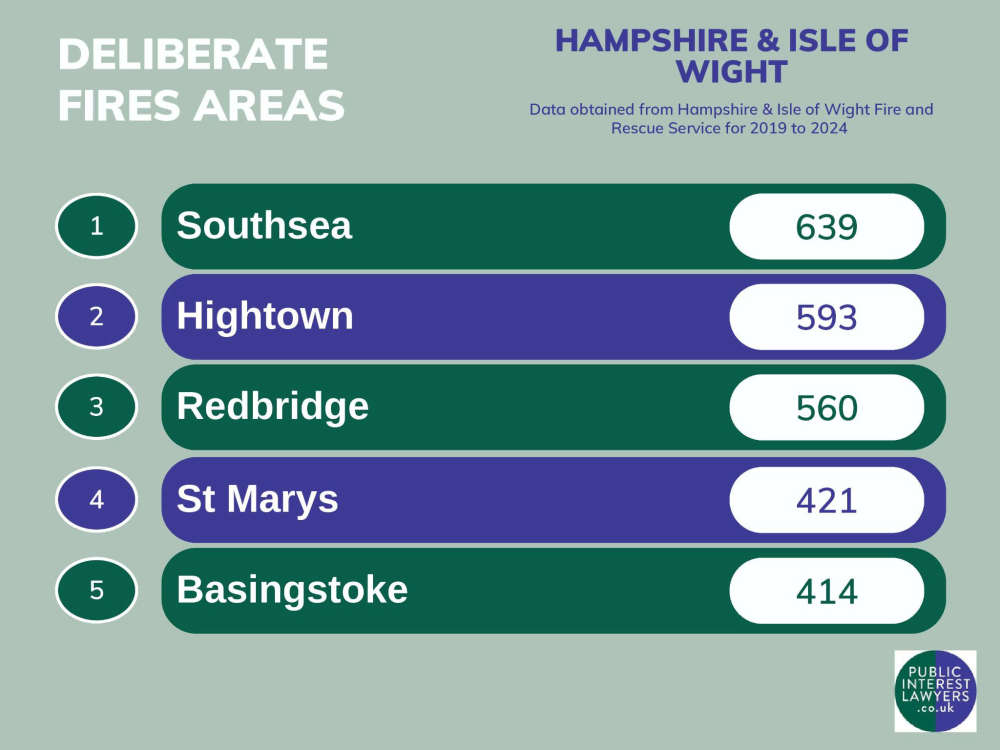
The impact of arson isn’t just financial; it can significantly affect a person’s emotional well-being and sense of security.
Public Interest Lawyers offers free advice and support to those who have suffered burn injuries. They operate a 24-hour helpline and claim online form, which you can access on their website.

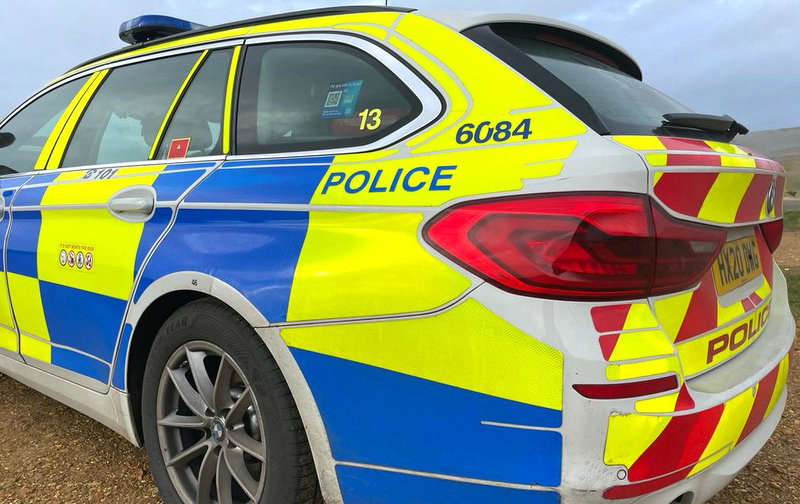 Primary School Locked Down After Man Enters In Need Of Medical Assistance
Primary School Locked Down After Man Enters In Need Of Medical Assistance
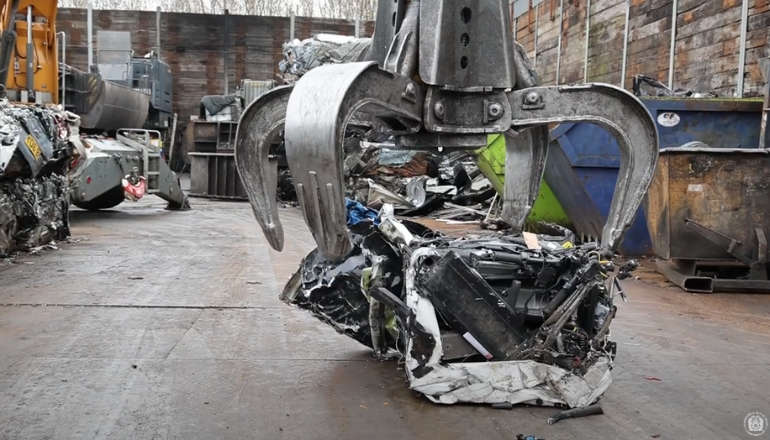 Criminals Dealt Crushing Blow As Seized E-Scooters And Electric Motorcycles Destroyed
Criminals Dealt Crushing Blow As Seized E-Scooters And Electric Motorcycles Destroyed
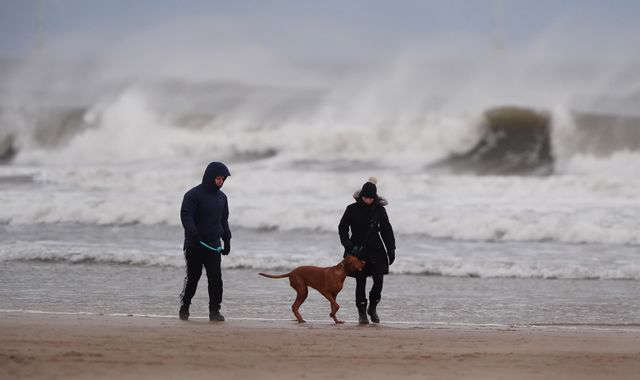 Isle Of Wight Weather Warnings Issued With Storm Éowyn Forecast To Bring 80mph Winds
Isle Of Wight Weather Warnings Issued With Storm Éowyn Forecast To Bring 80mph Winds
 Friends Of St Mary’s Hospital Donate £27,000 To Support Patients And Staff
Friends Of St Mary’s Hospital Donate £27,000 To Support Patients And Staff
 Wightlink Invests In Its Portsmouth Car Ferry Port
Wightlink Invests In Its Portsmouth Car Ferry Port
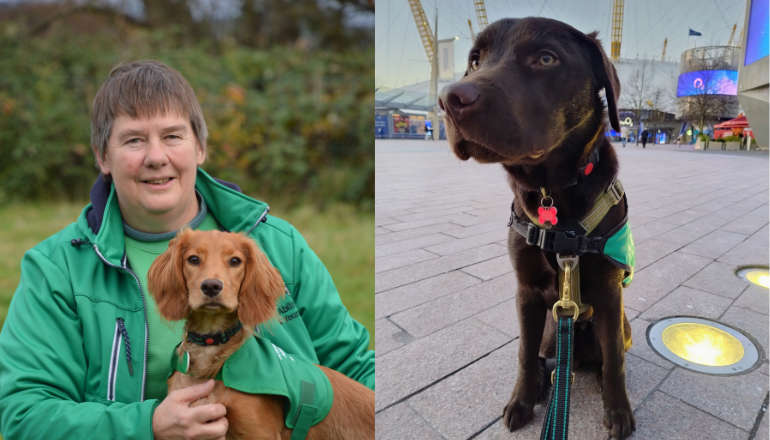 Isle Of Wight Charity Leader Honoured With BBC One Show Recognition
Isle Of Wight Charity Leader Honoured With BBC One Show Recognition
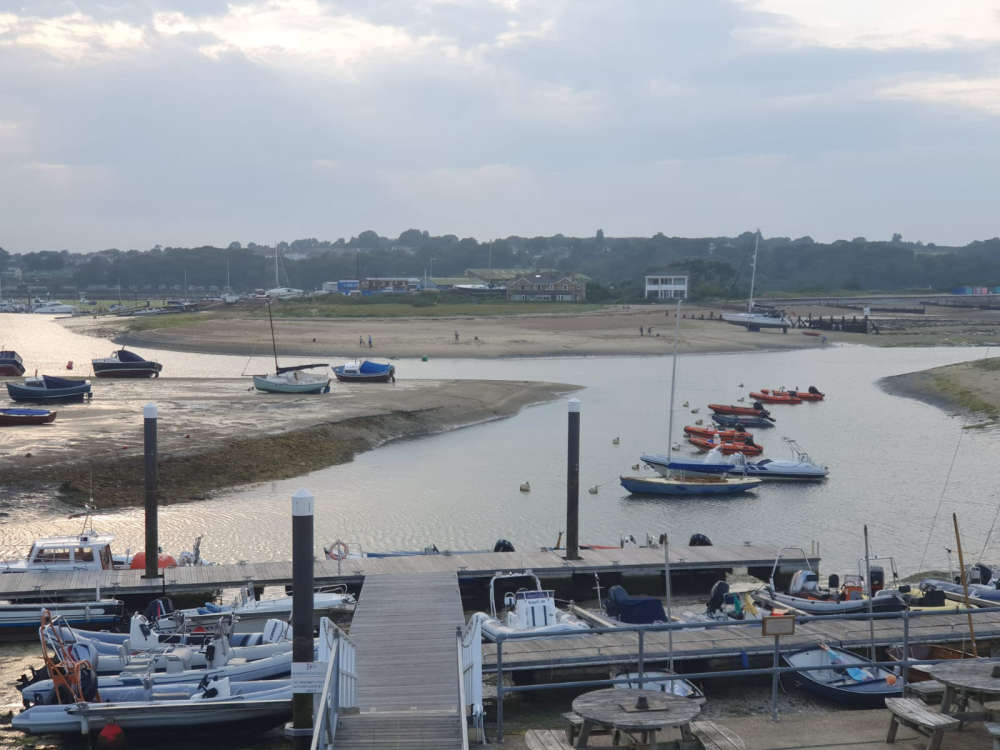 Harbour Dredging To Continue In Bembridge
Harbour Dredging To Continue In Bembridge
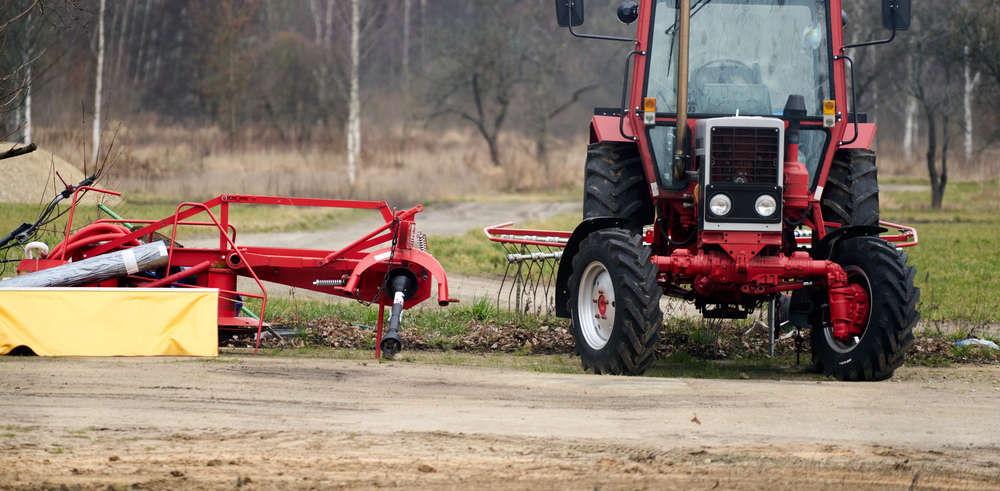 Farmers Invited To Strike The 'Right Balance' At Isle Of Wight Farming Conference 2025
Farmers Invited To Strike The 'Right Balance' At Isle Of Wight Farming Conference 2025
 Time Running Out To Take Part In This Year's Budget Consultation
Time Running Out To Take Part In This Year's Budget Consultation
 Man In Custody Following Foiled Ryde Co-op Burglary Attempt
Man In Custody Following Foiled Ryde Co-op Burglary Attempt
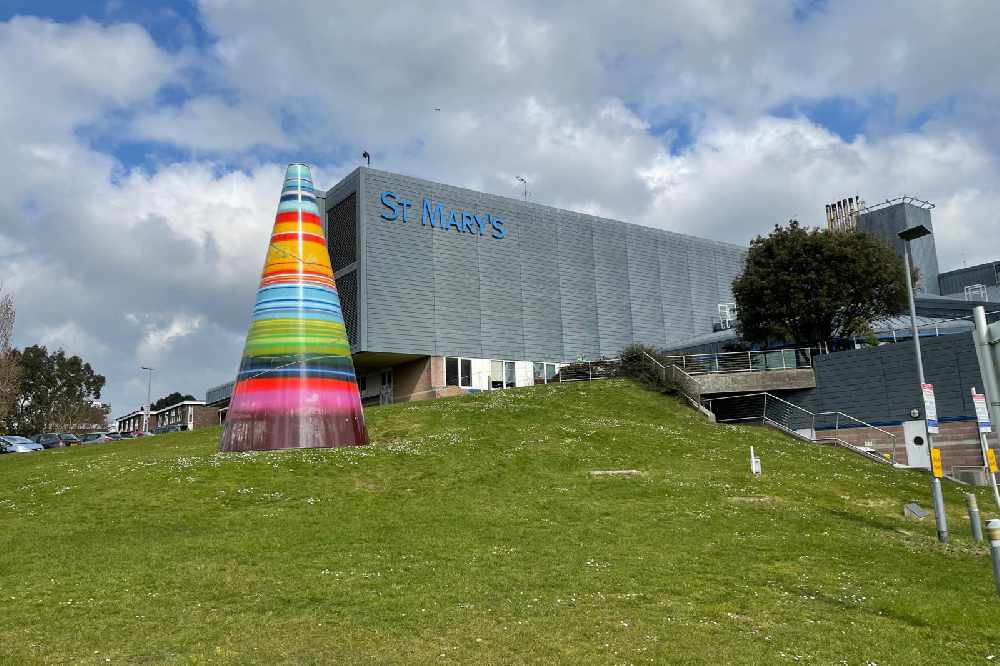 Isle Of Wight MPs On "Dire Situation" Highlighted By Healthwatch Report
Isle Of Wight MPs On "Dire Situation" Highlighted By Healthwatch Report
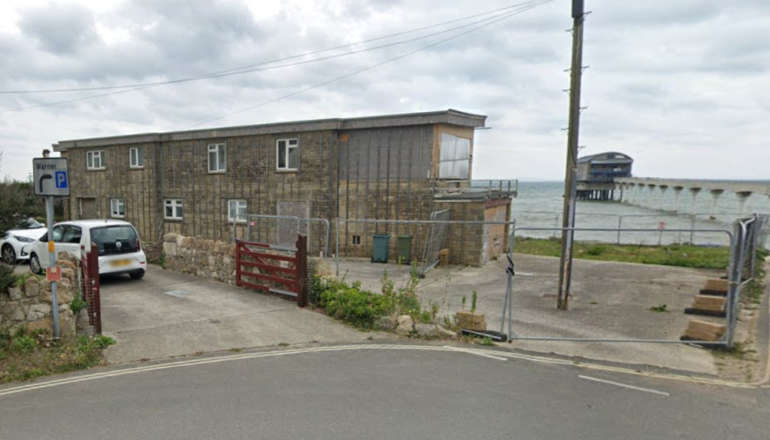 'Half-Built Eye-Sore' On Village Seafront Could Be Replaced With Café
'Half-Built Eye-Sore' On Village Seafront Could Be Replaced With Café
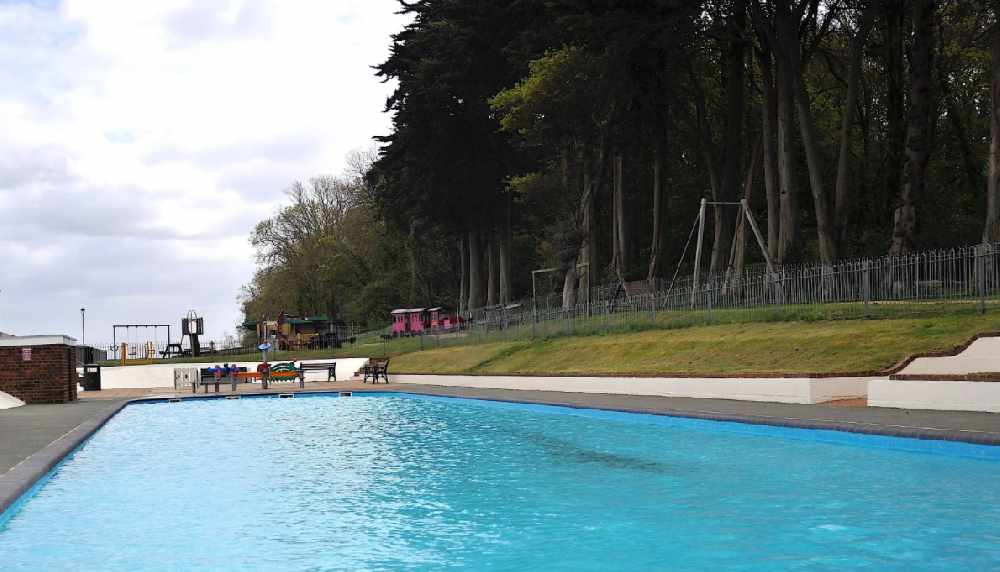 East Cowes Residents Set For Tax Increase To 'Save Esplanade Paddling Pool'
East Cowes Residents Set For Tax Increase To 'Save Esplanade Paddling Pool'
 Isle Of Wight Youth Services A "Postcode Lottery" Says Councillor
Isle Of Wight Youth Services A "Postcode Lottery" Says Councillor
 Newport Man Convicted Of Sexually Assaulting Child And Breaching Sexual Harm Prevention Order
Newport Man Convicted Of Sexually Assaulting Child And Breaching Sexual Harm Prevention Order
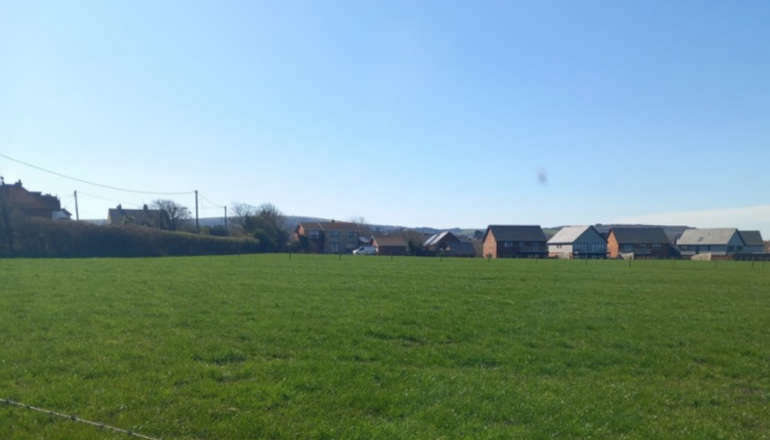 Councillor Responds To 27-House Colwell Bay Plan
Councillor Responds To 27-House Colwell Bay Plan
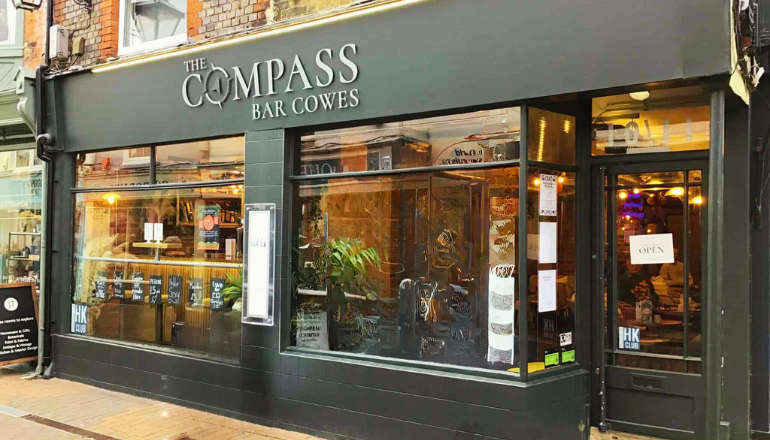 Island Cocktail Bar Bid To Diversify Offering With Mobile Kitchens Turned Down
Island Cocktail Bar Bid To Diversify Offering With Mobile Kitchens Turned Down
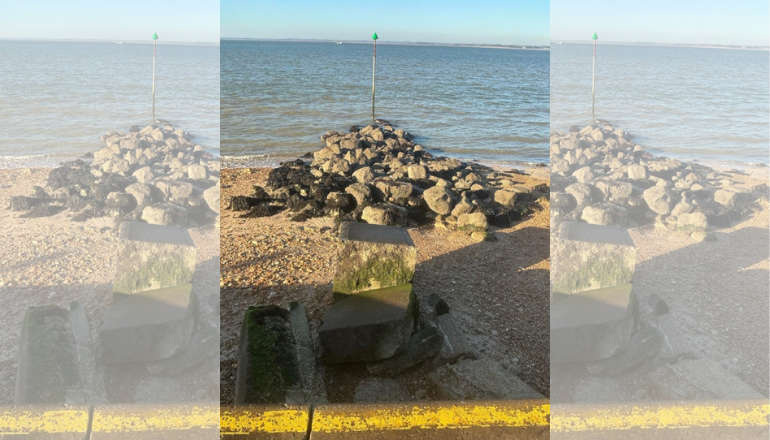 New Groyne Construction In Gurnard To Feature Innovative Artificial Rockpools
New Groyne Construction In Gurnard To Feature Innovative Artificial Rockpools
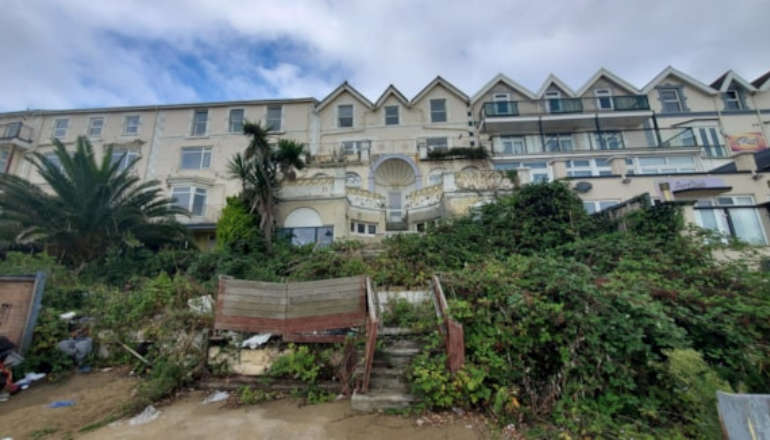 Isle Of Wight Council Takes Action On Derelict Esplanade Hotel
Isle Of Wight Council Takes Action On Derelict Esplanade Hotel


